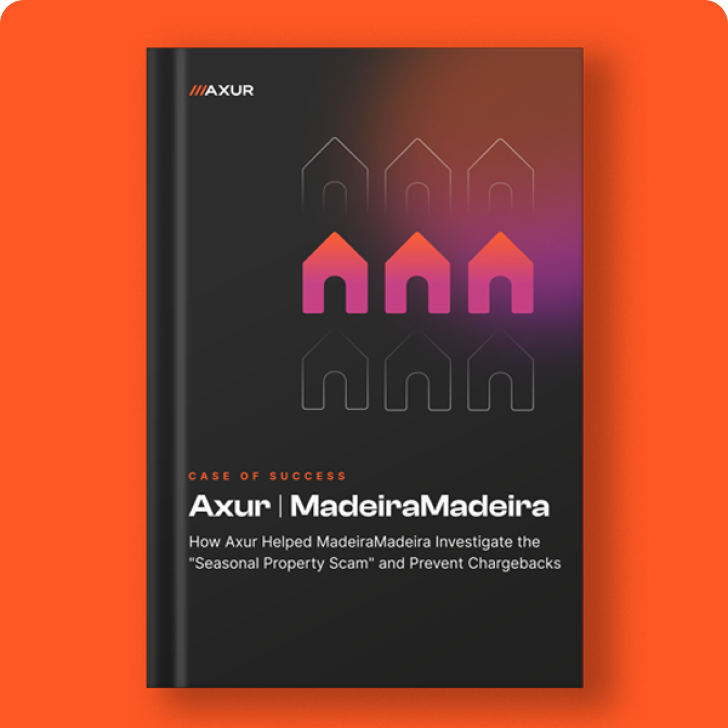October 28, 2025
Tools & Tips
October 2, 2025
Continuous Threat Exposure Management (CTEM): fundamentals and practical steps
July 14, 2025
Fake Profiles on Social Media: How to Protect Your Organization
July 1, 2025
How to Evaluate Deep & Dark Web Monitoring Solutions
June 16, 2025
How to Monitor Malicious Activities That Could Impact Your Company
March 14, 2025
The Evolution of the SOC: From Traditional SOC to AI-Powered SOC 3.0
February 7, 2025
Spear Phishing: How Attackers Use Lookalike Domains
February 7, 2025
The 7 Essential Practices for Data Privacy and Protection
February 7, 2025
Phishing Attacks: The Complete Guide to Protecting Your Business
February 6, 2025
From MSP to MSSP: How Axur’s Partner Program Supports the Shift
October 28, 2025
Halloween Special: The Spookiest Cybersecurity Stories
October 2, 2025
Continuous Threat Exposure Management (CTEM): fundamentals and practical steps
July 14, 2025
Fake Profiles on Social Media: How to Protect Your Organization
July 1, 2025
How to Evaluate Deep & Dark Web Monitoring Solutions
June 16, 2025
How to Monitor Malicious Activities That Could Impact Your Company
March 14, 2025
The Evolution of the SOC: From Traditional SOC to AI-Powered SOC 3.0
February 7, 2025
Spear Phishing: How Attackers Use Lookalike Domains
February 7, 2025
The 7 Essential Practices for Data Privacy and Protection
February 7, 2025
Phishing Attacks: The Complete Guide to Protecting Your Business
February 6, 2025
From MSP to MSSP: How Axur’s Partner Program Supports the Shift
Page
1
of 3
Stay Ahead with Axur Insights
Subscribe to receive the latest cybersecurity content directly in your inbox. Get first-hand access to new resources, updates, and exclusive materials from Axur.

















